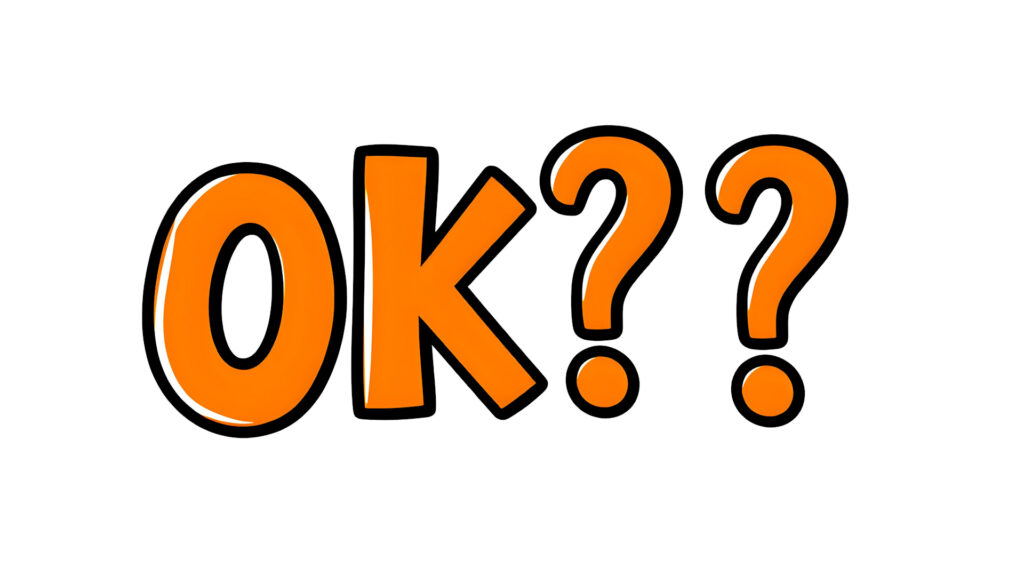Are You OK?
Asking for a friend. I’ve been a mess since the American Presidential Election last week. This isn’t the place to discuss politics, but let me just say lots of us are not really OK. There’s terrible divisiveness in the land and lots of ill feeling.
I Decided To Write About Kindness
as a way to get myself into a better space. And guess what? Apparently World Kindness Day is a thing. Who knew? It was just two days ago, and all I can say is, thank goodness! Not a day too soon, as far as I’m concerned.
Here’s a fascinating factoid: Krispy Kreme celebrated the day by giving the first 500 customers at each U.S. shop a FREE Original Glazed Dozen so they could share a sweet treat with others. Wow, when in doubt, sugar to the rescue!
As Communicators
How do we do kindness? We pick our words thoughtfully. We make deliberate choices acknowledging how our words will land with our listeners. Here are lots of good ideas to get you started; I hope you add your own to the list.
Please and Thank You
Bottom line: I don’t think we ever feel thanked or appreciated enough. These three words can make a huge difference in someone’s day and in their self-esteem. Be generous. It doesn’t cost you anything, it only takes a few seconds and the impact can be truly meaningful.
Mention Others By Name
Reference your colleagues by name, whether they’re there to hear you or not. Give attribution to others liberally.
Jose had a really good handle on this issue.
I‘d like to add to Melinda’s point.
Thanks, Terry, for starting our analysis.
Positive Words Instead of Negative
Positive words add to the conversation, keeping those conversational balls up in the air, bouncing from person to person. Negative words stop the flow and sap everyone’s energy. Instead of “either/or” thinking, look for larger possibilities that are more inclusive and open to a range of opinions. Think “Yes, and…” instead of “No, but…” (generally speaking, “but” is not a great word, because it tends to negate everything that has come before it!)
Are You An Igniter Or A Squelcher?
Igniters: use language that ignites the fire and excitement of possibility:
That might have potential.
Why don’t we give it a try.
Let’s keep thinking about this.
Let’s check in and keep the conversation going.
I don’t see why not?
Should we go for it?
Squelchers: use language that shuts things down and squelches potential:
That’s not going to work.
It’ll never get approved.
We’ve never done it that way.
Why even bother?
That’s not helpful.
That’s not what I’m looking for.
Bad idea.
Open Curiosity and Empathy
We can all learn more and try to understand more about those around us.
What can I do to make this easier for you?
I’m curious to hear how…
What would be helpful for me to know about you/the project/the problem?
I’m interested in your thoughts on…
I’m sorry to hear that.
I’m sorry you’re having to go through this.
I hear you.
Find Commonalities
If we can try and remember our shared humanity, I think it helps.
We’re going to put our heads together here.
Let’s figure out…
As a group, can we…
Together, we’re going to take a look at…
We’ve got this.
A Closing Quote From Brene Brown
“How can I make sure that, in the maelstrom of my emotions, I stay committed to courage, kindness, and caring for others regardless of the choices made by others? Doing the smallest next right thing is hard, but sometimes it’s all we’ve got.”
I’ll bring the doughnuts. Care to share with me?
Let’s be kind, My Friends.
Be the happy recipient of more great tips and techniques, along with intelligent musings on the state of communications, by signing up for Diane Ripstein’s regular NewsNotes right here.
